Interview with Father Rafael Pla Calatayud
President of the Ecclesial Movement ‘From Jerusalem to Bethany’
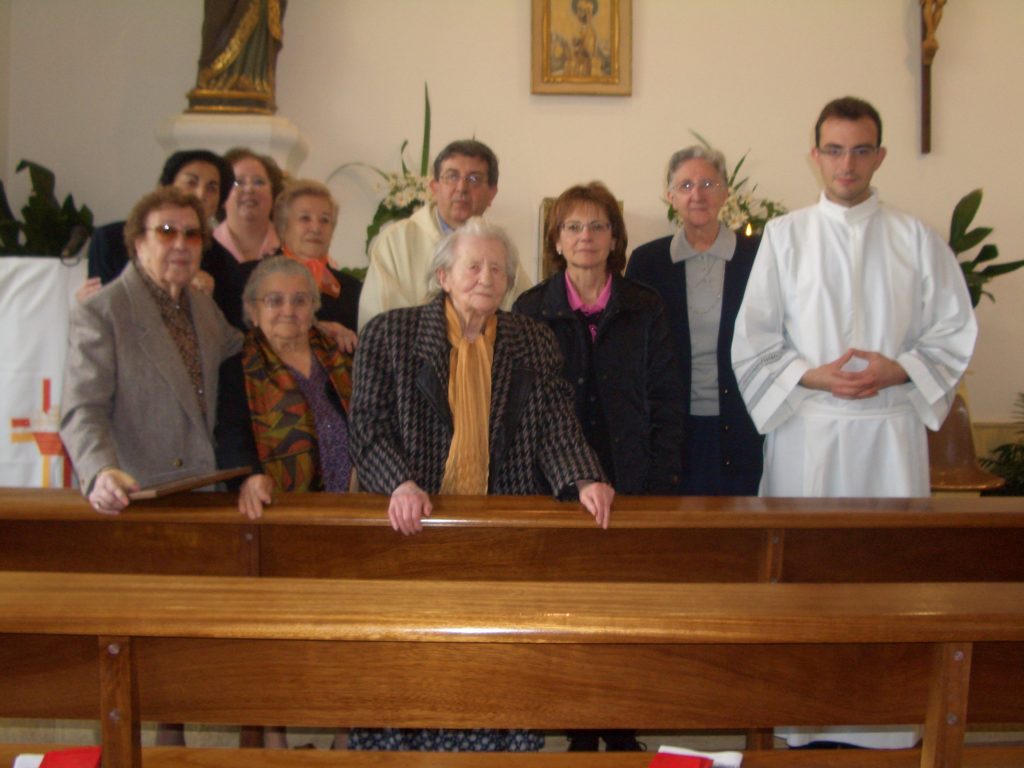
On February 2, 2022, the day that the Church dedicates to Consecrated Life, Exaudi interviewed Father Rafael Pla Calatayud, Co-Founder of the Public Association of Faithful Ad Virginitatem Sacram Promovendam (February 1, 2005), which gave legal basis to the Ecclesial Movement “From Jerusalem to Bethany.” At present, he is President and Counsellor of Ad Virginitatem Sacram Promovendam, an Association that “intends to enhance ‘consecrated life in the world,” different from that lived in the Religious Orders, which has its own channels.’ It is not about substituting the charism of any Founder, but about enhancing the ecclesial reality of consecrated life, in any of its forms, public or private,” explains the priest.
“From Jerusalem to Bethany” is made up of “married people, priests, women religious, consecrated persons in private (to the Most Holy Virgin, to the Sacred Heart of Jesus . . . ). The Association is centered on the generic nature of consecrated life in the world, which has different realities: virgins, widows, ascetics, hermits, unmarried men and women who work in parishes, married couples that make temporal or perpetual consecrations, and couples that make temporal consecrations.”
Get to know more about this Movement, dedicated to consecrated life, from the following conversation.
* * *
Exaudi: As Co-Founder of the Public Association of Faithful that gave birth to the Ecclesial Movement “From Jerusalem to Bethany,” tell us how and why the idea arose to create it?
Father Pla: Reflecting on the challenges and questions that this time – time of grace – concrete and particular, in which we must walk as children of God, we perceived the need for every Christian to be fully aware of the importance that baptismal consecration has, as a foundational and initial moment of our Christina life.
Baptismal consecration is the act by which God assumes man, His creature, and introduces him in His sphere: he makes him His family member, He makes him His child, He introduces him in the House of the Father, in the house of God, He introduces him in the Trinitarian life.
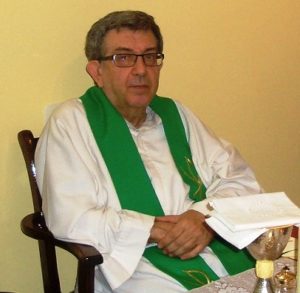
Thus, by and from our baptismal consecration, we begin to be able to live – with the help of God the Father and the fortitude of the Spirit – the reality of the Trinitarian life in the everyday of our life. Every day we can configure ourselves to Christ, namely, be more of Christ, to live His values and His style of life. Thanks to the action of the Holy Spirit, God works in us and from us, from what each one of us is. Christian life, like every life, is a process. Hence the incorporation of Christ’s sentiments in our life is progressive.
But, how can we live this consecration? We want to aid it with our Association, with its objectives and activities, each one of us from his own vocation. Hence the name of the Movement, which originates in the Association “From Jerusalem to Bethany, Ways of Christian Life.”
Exaudi: Among the ends of the Movement is “to foster interest, knowledge, and development of consecrated life in 21st-century society, reflected in Saint John Paull II’s Post-Synodal Apostolic Exhortation Vita Consecrata. Can you explain the meaning and transcendence of this way of life for the Church at present?
Father Pla: We want to help every Christian to be clearly aware that, combined in any consecration is God’s initiative and acceptance by the person. That they be conscious that to “consecrate,” in the theological sense, means to sacralize or introduce in the sphere of the sacred. That to consecrate is synonym of to sanctify. When a thing or a person is consecrated, they do not lose their value but are ennobled. What happens in Baptism is that all that is humanly natural is equipped to be able to be and to live as a “creature made in the image and likeness of God, participating in the divinity. “Let us make man in our image, after our likeness; and let them have dominion over the fish of the sea, and over the birds of the air, and over the cattle, and over all the earth, and over every creeping thing that creeps upon the earth.’ (Genesis 1;27).
“We are all conscious of the richness for the ecclesial community that consecrated life has in the variety of its charisms and of its institutions. Together we thank God for the Religious Orders and Institutes dedicated to contemplation or to works of the apostolate, for the Societies of Apostolic Life, for the secular Institutes and for other groups of consecrate people, as also for all those that, in the secrecy of their heart, give themselves to God with a special consecration” (Saint John Paul II’s Vita Consecrata, No. 2, Vatican, March 25, 1996, Solemnity of the Annunciation of the Lord).
“The universal presence of consecrated life and the evangelical character of its witness show with much evidence – if it were necessary – that it is not an isolated and marginal reality, but that it encompasses the whole Church” (Vita Consecrata, No. 3).
“How can we not recall with gratitude to the Spirit the myriad historical ways of consecrated life, aroused by Him and still present in the ecclesial realm? They appear as a plant full of branches, which sinks its roots in the Gospel and bears copious fruits in every period of the Church. What extraordinary wealth!” (Vita Consecrata , No. 5).
Exaudi: Who can be part of “From Jerusalem to Bethany”? In which places can its members be found?
Father Pla: Any baptized person can belong who wants to live his life of believer, that is, in each and all of the duties and occupations of the world, and in the ordinary conditions of family and social life, where they are called by God so that, guided by the evangelical spirit, they contribute to the sanctification of the world from within, as ferment. Manifesting Christ to others, primarily through the witness of their life, by radiation of faith, hope and charity.
The baptismal consecration and subsequent consecrations that a believer can do to strengthen his vocation, guide and strengthen him to grow in holiness and enlighten him to order the temporal realities to which they are closely linked, in such a way that they fulfill themselves ceaselessly and progress in their conformation to Christ and are for the glory of God.
In our Association, there are married people, priests, women religious, people consecrated in private (to the Most Holy Virgin, to the Sacred Heart of Jesus .. . . ). The Association is centered on the generic nature of consecrated life in the world, which has different realities: virgins, widows, ascetics, hermits, unmarried men and women that work in parishes, married couples that make temporal or perpetual consecrations, and engaged couples who make temporal consecrations.
The Association also has twofold legal recognition:
- Canonical recognition in the Diocese of Valencia, “if there were associates in other dioceses and the Bishop authorized it, the Association could be extended as a diocesan Association in such Dioceses, in any country.”
- At the civil level, it is inscribed in the Register of Religious Associations of the Spanish State.
Exaudi: The Movement’s groups are called “Cenacles of Bethany,” as they have as a model the House of Bethany, “where Jesus found friendship, rest and where intimacy with God the Father was facilitated”; in prayer, they follow the Lectio Divina. Tell us about the importance of this means in the spiritual life . . .
Father Pla: To take care of the listening and praying attitude that the Word of God awakens in each believer; to discern the Will of God to configure oneself to the Will of the Father, in whose hands he abandons himself in obedience as that of Jesus. It is from here that the importance of the “Cenacles of Bethany” stems.
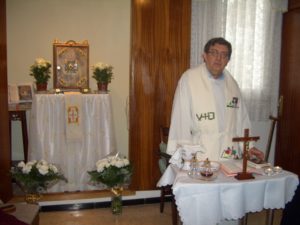
Together with Lectio Divina lived in a group, we also take care of personal reading. Both are a splendid and complete form of prayer. It’s a way to become conscious of God’s presence in our life, a way of reaching a personal encounter “from You to me” with God.
It is a restful and meditated reading of the Word of God in intimacy, in silence, in recollection in the presence of God, “Merciful Father,” in listening to Jesus Christ, “Incarnate Word,” and resting in contemplation through the Holy Spirit.
We are always grateful for the possibility to take part in a prayer group, exactly as was done in the first Christian communities. Thus we can experience what Jesus said in the Gospel, “where two or three are gathered in my name, I am there.”
Devotion to the Word of God is not just one of many devotions, beautiful but somewhat optional. It belongs to the heart and identity of Christian life itself. The Word has the power in itself to transform lives.
Exaudi: What other ends or features of the Movement would you highlight? What concrete activities do you engage in?
Father Pla:
1. Recommended to every associate is biblical prayer, following the way of Lectio Divina.
2.- Prayer meetings in the “Cenacles of Bethany.”
3.- Tri-monthly retreat for associates and sympathizers.
4.- Meeting with widows for the annual renewal of those already consecrated and preparation of the newcomers.
5.- Other prayer-reflection meetings for the intense times of Advent-Christmas and Lent-Easter.
6.- Solemn celebration on February 1 of the canonical erection of our Association.
7.- In his rule of life, every associate is assigned a weekly time of prayer before the Most Blessed Sacrament.
8.- Publication of the “Road to Bethany” Bulletin. There are six Bulletins a year and we have already published 71 numbers.
9.- Maintenance of the Association’s Websites, whose basic page is: http://www.betaniajerusalen.com
Exaudi: On this February 2, day that the Church dedicates to Consecrated Life, what would you like to point out or add?
Father Pla: To thank God for the gift of baptismal consecration and for the consecrations we make in the course of our life. Let us live our baptismal consecration in fulness, walking in holiness, from our own vocation!
Our ecclesial service consists in not letting any Christian walk alone. The Association intends to enhance “consecrated life in the world,” different from that lived in “Religious Orders, which have their own channels.” We do not want to substitute the charism of any Founder, but enhance the ecclesial reality of consecrated life, in any of its public or private forms. Our spirituality has two keywords that describe it: Communion and Sanctification.
Anyone who wishes to know more about the Movement can contact us through e-mail: [email protected], or directly with Father Rafael Pla Calatayud (+34 659 826 555), [email protected]. The headquarters are in C/ Isla Cabrera 33, 4th 13th, 46026 Valencia, Spain.
Translation by Virginia M. Forrester
Related
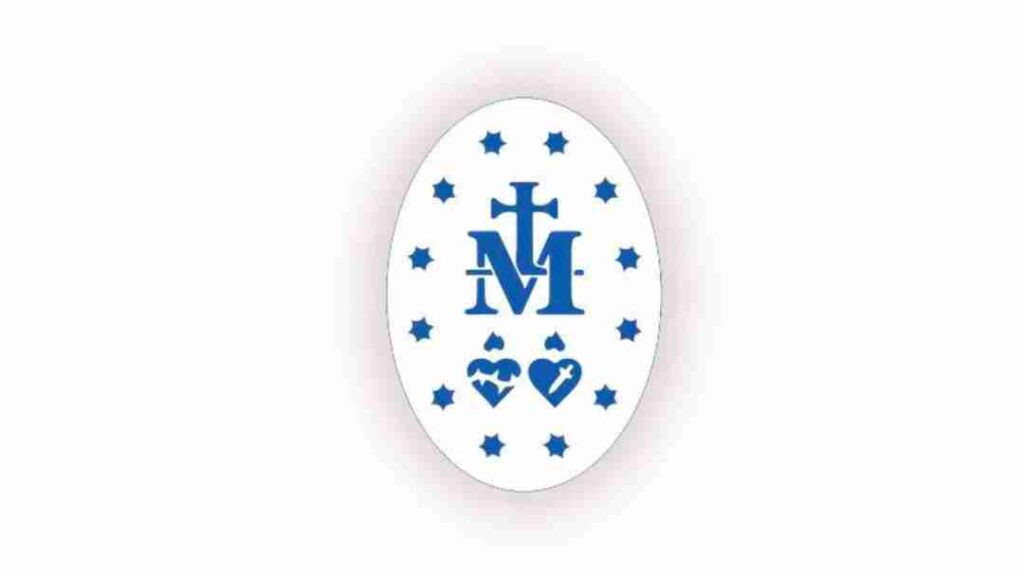
Thy will be done
Albert Cortina
17 April, 2025
35 min
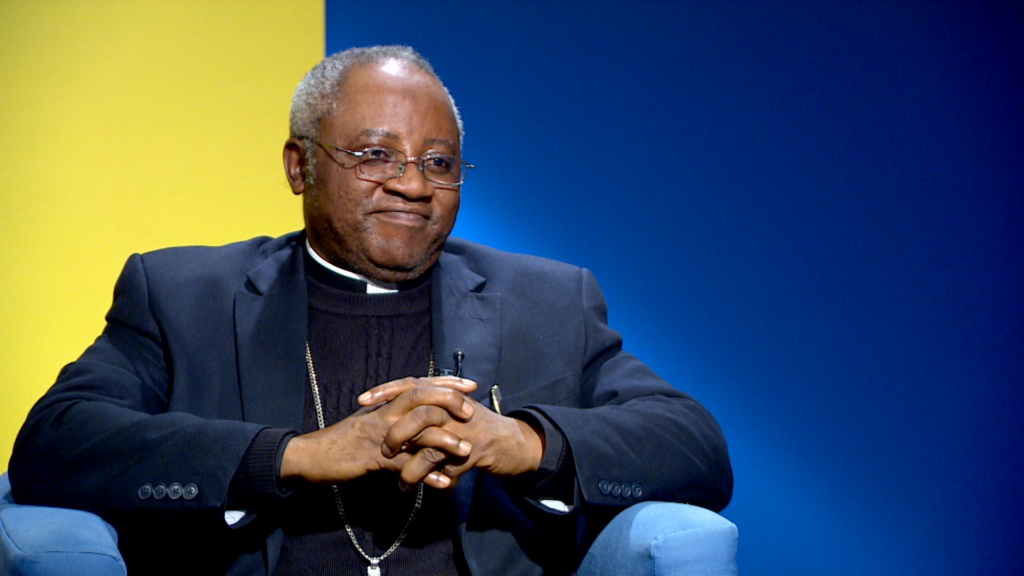
Despite hardships, Christianity is growing “astronomically” in northern Nigeria
Ayuda a la Iglesia Necesitada
10 April, 2025
3 min
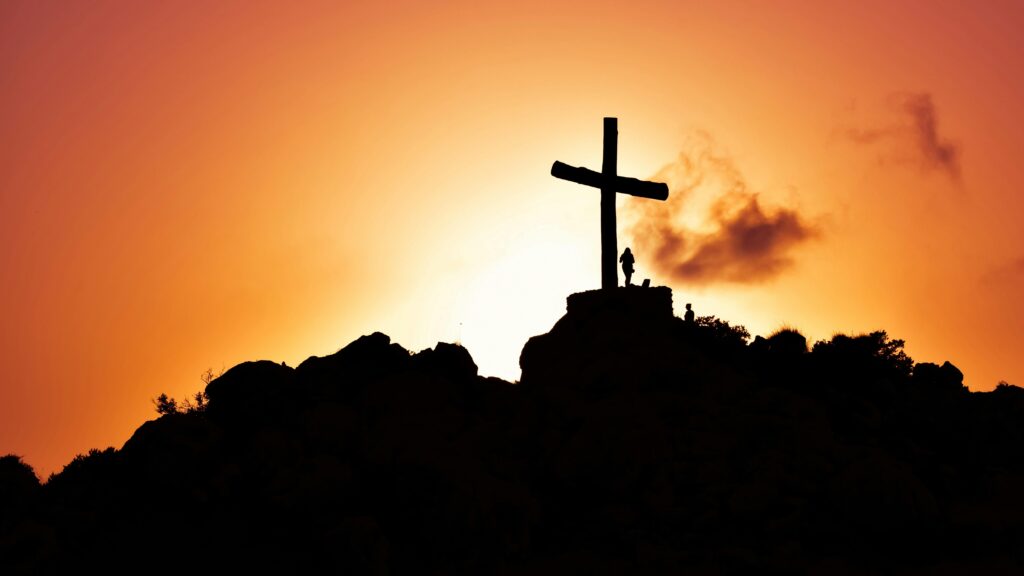
“Christianity, a Powerful Engine of Social Transformation”
Exaudi Staff
09 April, 2025
3 min
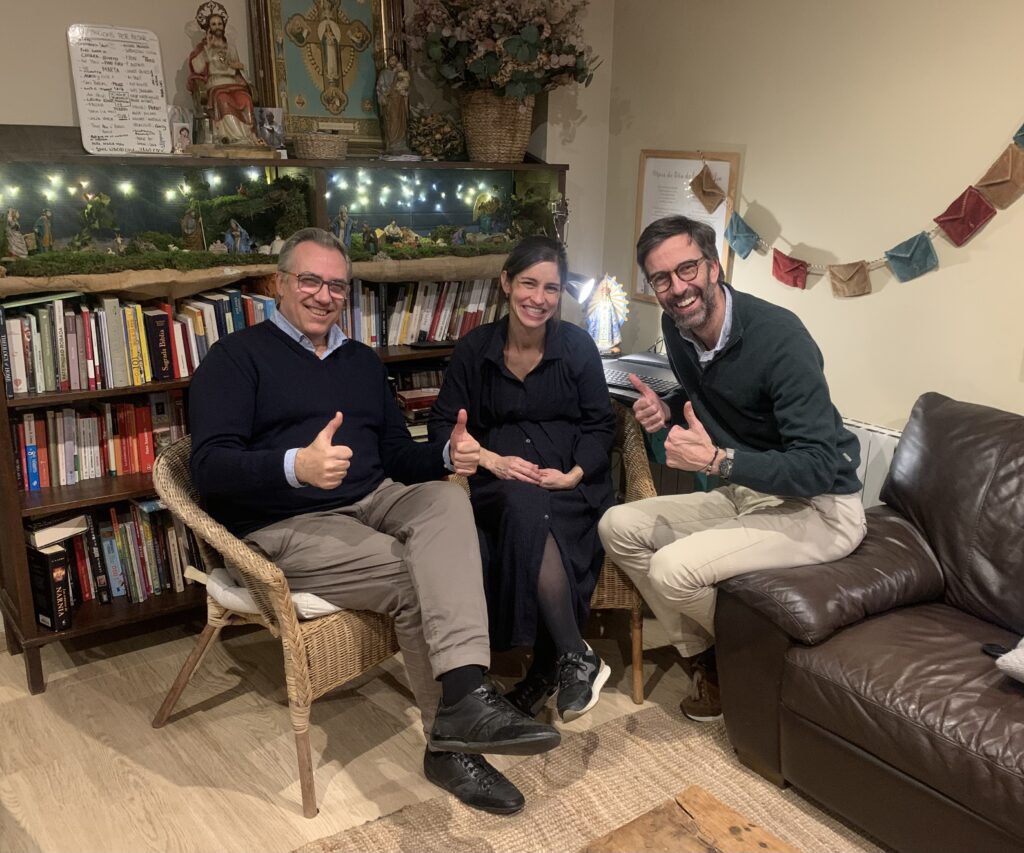
Let God be God
Albert Cortina
11 March, 2025
25 min
 (EN)
(EN)
 (ES)
(ES)
 (IT)
(IT)

